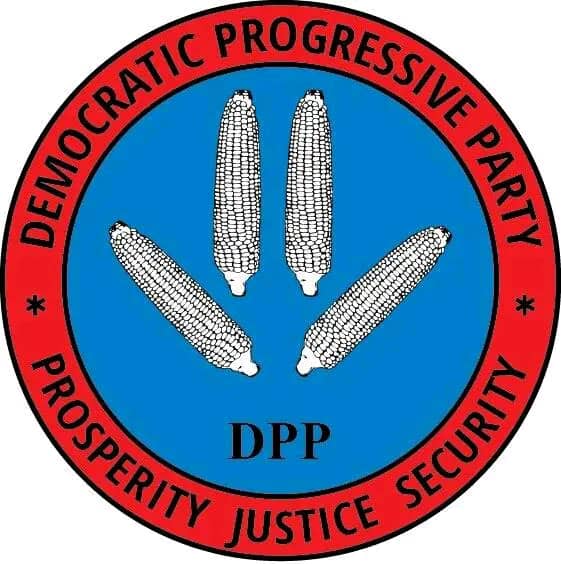Opinion by Rick Dzida
Many Malawians recently witnessed the shocking news that the website of the main opposition party, the Democratic Progressive Party (DPP) has been hacked. Unfortunately, the motive and perpetrators behind such insidious act have not been yet established.
Incidents of website shutdown are not new in Malawi. In 2014, rumours were strife that many websites belonging to Malawi Government such as Ministry of Justice, Transport and Lands were rendered unoperational for extended hours.
In April 2022, the Malawi Government condemned the hacking of the Platform for Investigative Journalism (PIJ) website. It was interesting to note that the Malawi Police was accused of perpetrating such hacking acts. It was not surprising then to hear such accusations because PIJ has been vigilant in exposing corrupt practices in government ministries, departments and agencies (MDAs) including the Police Department.
Malawians rose to the rude awakening in February 2024 when the same Malawi Government suspended passport issuing after hackers had tampered with the Immigration Information system.
As regards to the hacking of DPP, it is mind boggling to note that this is happening at a time when Malawi will go to the polls in 10 months time and interestingly DPP is the biggest contender against the ruling Malawi Congress Party (MCP). Is this diabolical act politically motivated?
Visiting the hacked DPP Facebook page, one expected to read posts castigating DPP while praising MCP. The fact that this is not the case cements the notion that hackers just wanted to gain control of the DPP page thereby denting DPP’s reputation. For sure, DPP has lost touch with its supporters during this time when their page has been hacked.
It is also of paramount importance to speculate what possible causes of hacking DPP Facebook page are. The truth of the matter is that hackers tend to exploit vulnerabilities in any system. In fact, inside jobs and lack of online netiquette may be the most likely causes.
In the current political landscape, trusted members or system admins may be compromised by succumbing to the opponent’s baiting tactics. Furthermore, some DPP members who were aware of the system but later joined the MCP ruling party may also likely sabotage the DPP system.
The remedy to such probable causative agents is to frequently change passwords. System admins need to be aware of phishing, pharming, vishing and social engineering techniques which hackers employ to solicit valuable information.
It is also exciting to observe how MCP zealots in various social media platforms were all over the moon when they heard about the DPP Facebook account’s hacking. On the other hand, DPP adherents played a low profile role feeling gravely humiliated. As Malawi is nearing 2025 general elections, such dramatic scenarios are inevitable.
Lastly, in the final event that hackers have modified passwords on DPP Facebook, the last resort is to verify d identity to the Facebook Help Center.




